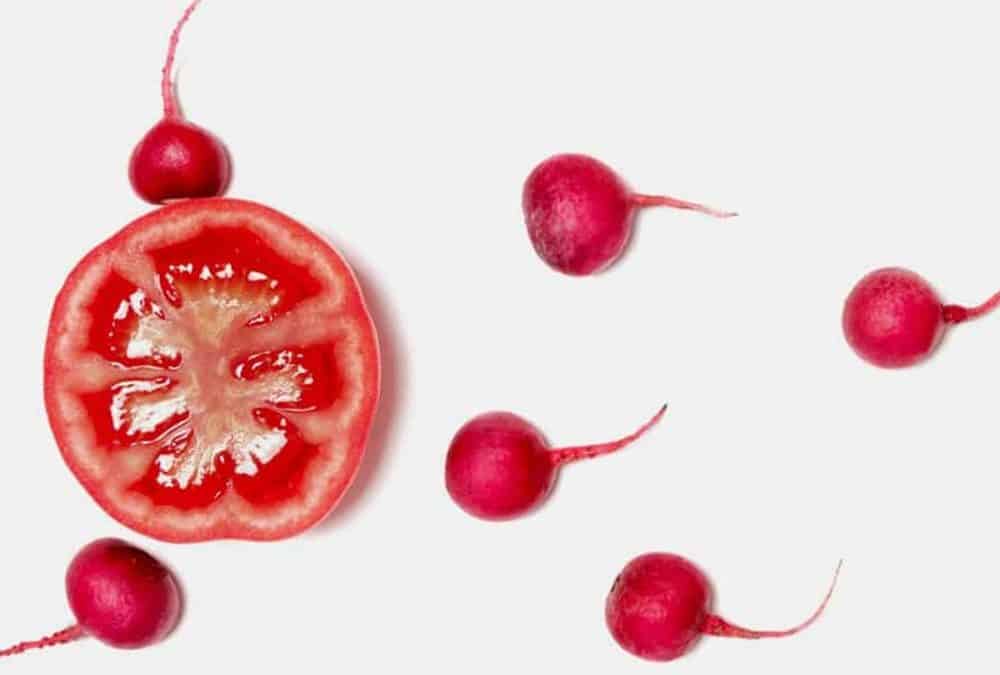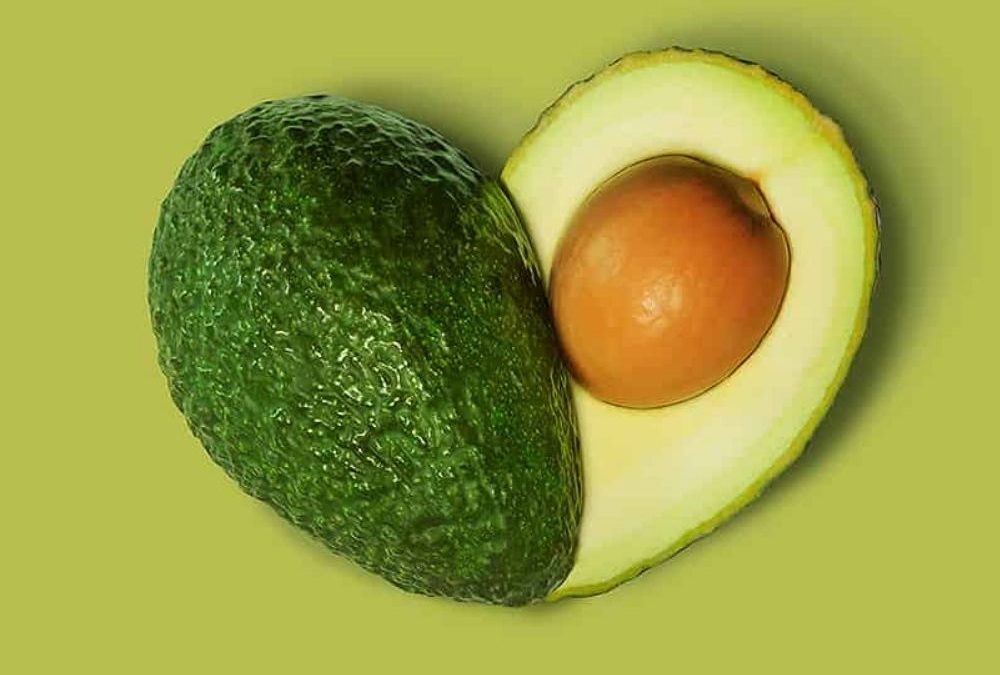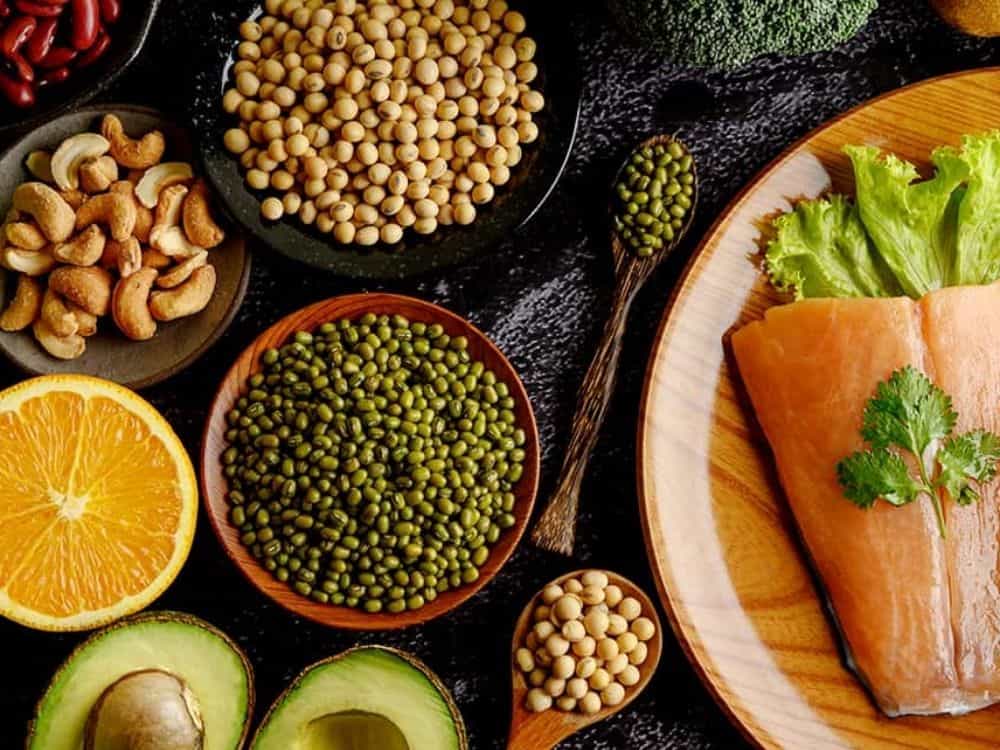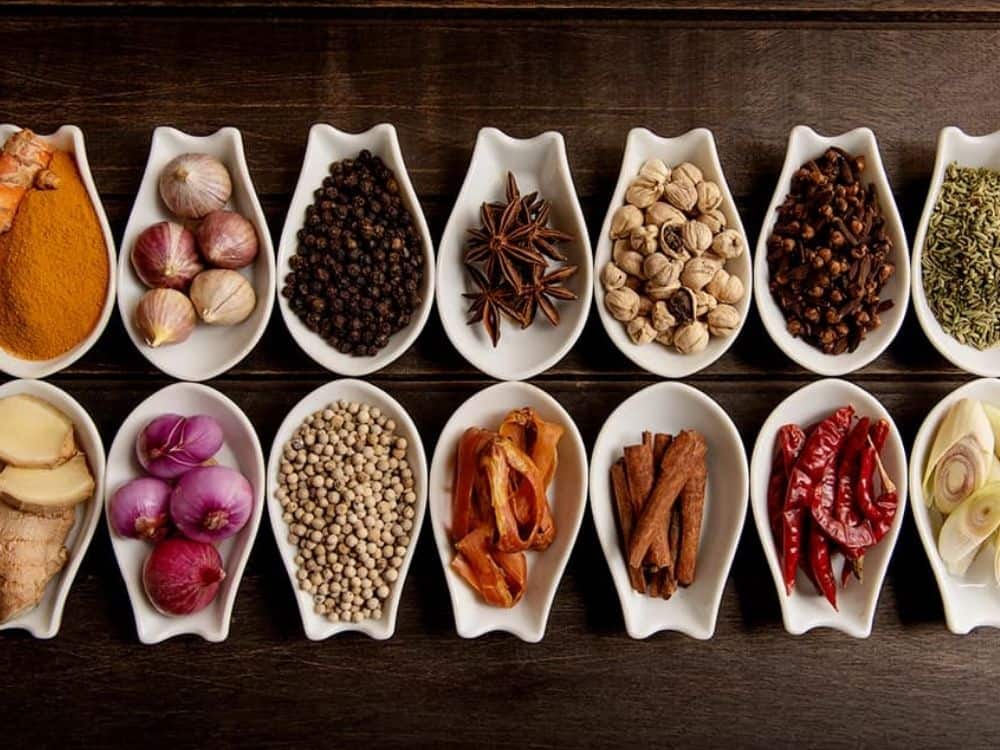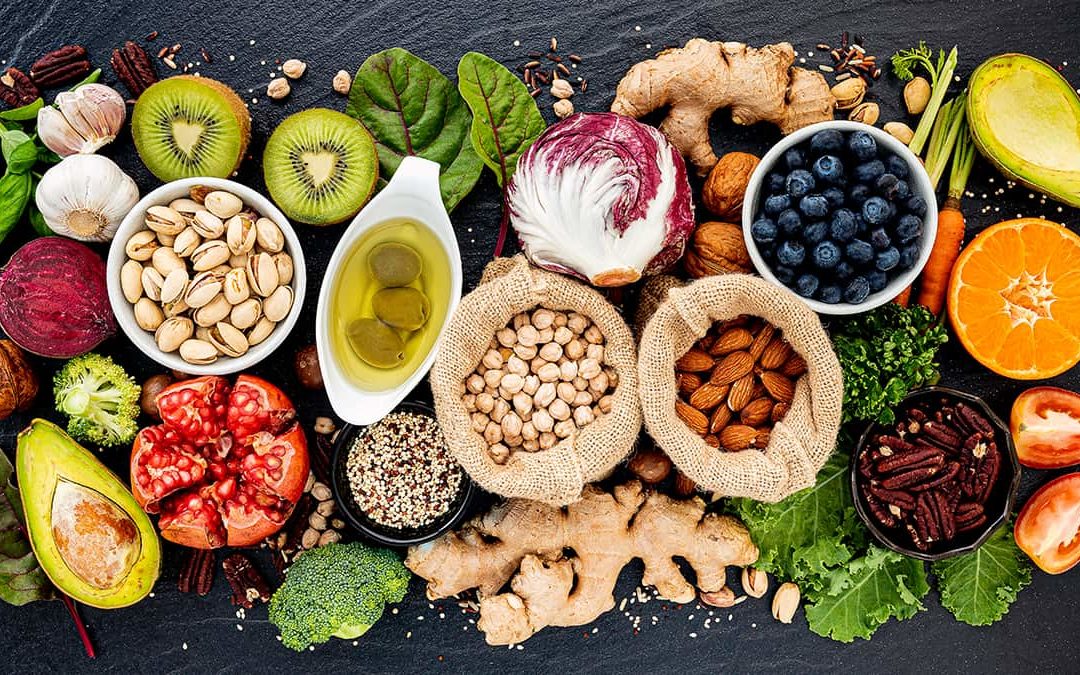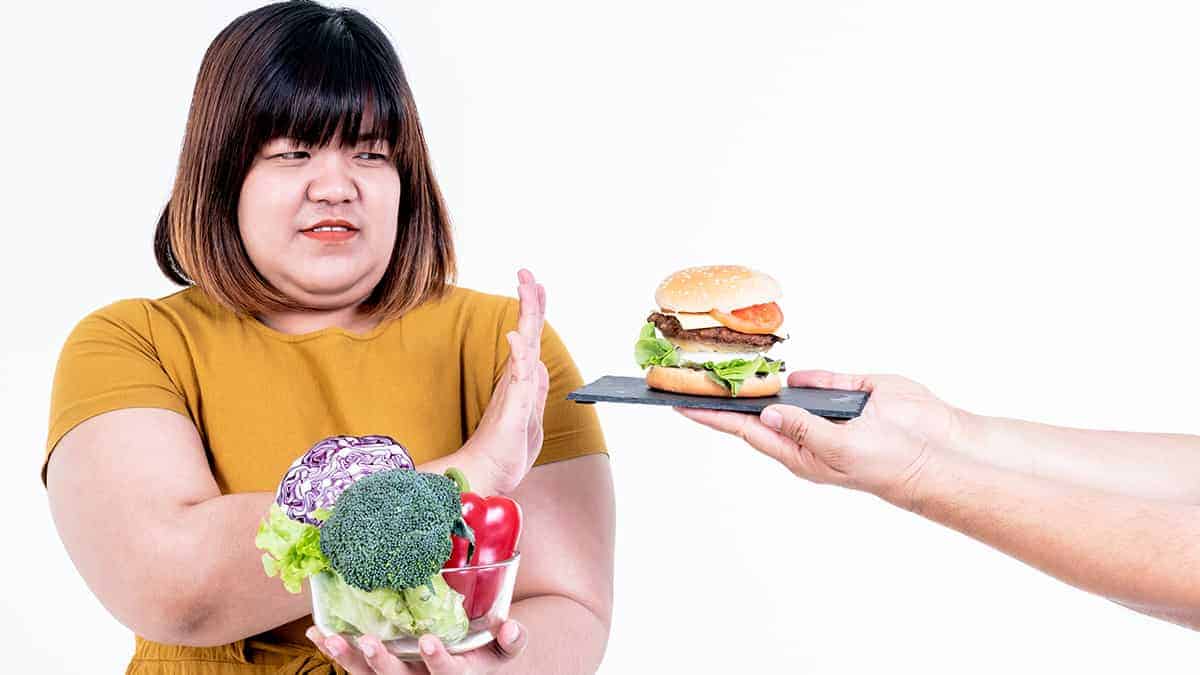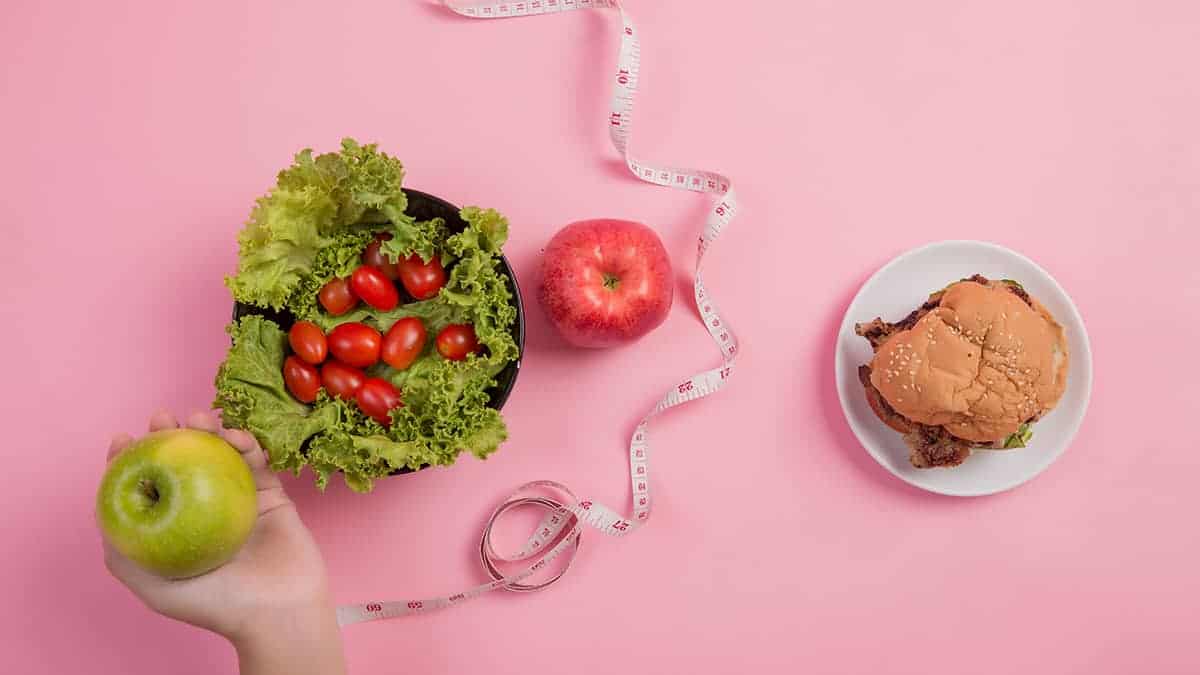
Bone-Boosting Foods: Do They Prevent Osteoporosis?

There are several types of medications and lifestyle changes that can help strengthen bones or slow down bone loss. In particular, the things you eat have a major impact on the health of your skeleton. Good or poor diet choices may help determine whether you experience pain or falls due to bone loss.
What Is Osteoporosis?
Osteoporosis is a condition that leads to fragile bones and an increased risk of experiencing a bone fracture (broken bone). You may have this condition if you lose too much bone mineral density (the amount of minerals found in your bones). You may also be diagnosed with this condition if you have broken bones in the past, and your doctor thinks you are at risk for breaking another one.
How Do You Know If You Have Osteoporosis?
Osteoporosis is often considered to be a “silent” disease — it doesn’t often cause symptoms. In some cases, people with osteoporosis may notice certain changes. Their height may shrink, they may not be able to stand up straight, or their spine may curve until it forms a rounded hump at the base of the neck.
Your doctor can measure your bone mineral density with a special X-ray scan that measures the thickness of your bones. Your bone density is compared to the density of an average healthy, young adult. The more different your bones are from a young adult’s, the lower your bone density and the higher your chances of breaking a bone.
You should start undergoing regular screening tests to measure your bone density starting at age 65. However, it may be a good idea to start undergoing testing at age 50 if you have certain risk factors, such as a parent who has previously broken their hip. Ask your doctor if bone mineral density testing might be helpful for you.
The Many Causes of Osteoporosis
Some people have a higher chance of developing this disease. Some risk factors include:
- Being a woman
- Being white or Asian
- Older age
- Having a low body weight
- Having a family history of osteoporosis
- Not getting enough physical activity
- Drinking a lot of alcohol
- Smoking cigarettes
- Experiencing hormone imbalances such as low levels of estrogen or testosterone
- Having certain medical conditions that cause inflammation or impact the kidney or liver
- Using certain medications, such as proton pump inhibitors, glucocorticoids, selective serotonin reuptake inhibitors (SSRIs), or cancer drugs
Diet also plays a large role in the health of your bones. Not getting enough of certain nutrients can cause bone loss. Additionally, the foods and drinks you consume can have an impact on other osteoporosis risk factors, such as hormone levels and inflammatory diseases.
The Best Nutrients for Preventing Osteoporosis
When you want to strengthen and protect your bones, it is a good idea to make changes to your diet. Several vitamins and minerals are important for maintaining the normal processes that help your body build up bone. Making sure that you are eating enough foods that contain these nutrients is an important part of maximizing your bone health.
In order to find out how much of each nutrient you are getting from your diet, check the Nutrition Facts labels on your foods and drinks.
Calcium

Calcium is a mineral that supports healthy nerves, muscles, and blood vessels. Without this substance, your cells and tissues wouldn’t be able to properly function. The body needs to keep calcium levels within a certain range in order to stay healthy.
The body can’t make its own calcium, and relies on the things you eat and drink in order to get the calcium it needs. As the body absorbs calcium from the diet, it stores extra calcium in the bones.
Calcium is part of a delicate balancing act called bone remodeling that helps the body maintain bone tissue. During this process, osteoclast cells break apart the old bone and the body reabsorbs and recycles any nutrients, such as calcium, that are released. Next, osteoblast cells will add new bone using collagen and various minerals. If you don’t eat enough calcium, the body will take it from the bones but won’t be able to replace it with new, strong bone tissue.
In order to keep up with the body’s calcium needs, experts recommend that adults get at least 1,000 mg of calcium each day. Older adults who have an increased risk of bone loss should get even more — women over the age of 50 and men over the age of 70 should aim for 1,200 mg daily.
Find calcium in foods and drinks like:
- Milk
- Dairy products like cheese, yogurt, sour cream, and ice cream
- Canned, bone-in sardines and salmon
- Green vegetables such as kale, spinach, collard greens, broccoli, and bok choi
- Chia seeds
- Tofu
- Canned pinto beans
- Certain cereals
- Drinks that have added calcium, such as fruit juice, almond milk, and soy milk
Calcium is also available in supplement form or as part of a multivitamin. Some supplements, including antacid tablets, contain calcium carbonate, which should be taken along with food for optimal absorption. Other supplements that have calcium citrate can be taken with or without food and may be more easily absorbed, especially by older adults.
Vitamin D
Although the body relies on the diet for its calcium needs, the digestive system doesn’t absorb this mineral very efficiently. Only about 15 to 20% of the calcium in your foods and drinks is taken up by the body. However, vitamin D helps the body absorb more calcium.
Within the body, vitamin D becomes activated to form calcitriol, a hormone. Calcitriol interacts with cells in the intestines and kidneys to stimulate these organs to absorb more calcium for the body to use. When you don’t get enough vitamin D, your body doesn’t absorb as much calcium and your bones may weaken.
Your skin makes vitamin D when it is exposed to sunlight. However, sun can also speed up aging of the skin, leading to wrinkles, uneven skin tone, and spider veins. Ultraviolet (UV) rays from the sun are also the main cause of skin cancer. Therefore, it’s best for your overall health to protect your skin from the sun and to rely on getting vitamin D from your diet instead.
Adults should aim to get 15 micrograms (mcg) or 600 international units (IU). Those who are in their 70’s or older should be getting 20 mcg or 800 IU in order to protect their bones and help prevent osteoporosis.
Vitamin D can be found in foods like:
- Fatty or oily fish, such as salmon, mackerel, trout, tuna, or sardines
- Cod liver oil
- Beef liver
- Egg yolks
- Mushrooms
- Milk, which usually is usually supplemented with vitamin D
- Other foods that contain added vitamin D, such as certain types of soy milk, almond milk, oat milk, yogurt, cereal, and orange juice
Vitamin D supplements can also help increase your intake of this nutrient. Your body can better absorb vitamin D supplements when it’s eaten along with foods that contain some fat.
Carotenoids
Although calcium and vitamin D likely have the biggest impact on bone health, recent research has also started identifying other nutrients that can play a role in osteoporosis and bone loss.
Carotenoids are antioxidants that help neutralize molecules that cause damage within cells. They are important for keeping the eyes healthy and for protecting against conditions like cancer.
These molecules help encourage osteoblasts to create more bone, and prevent osteoclasts from removing bone. Studies show that people who eat high amounts of carotenoids are 46% less likely to experience a fracture.
There are a few different types of carotenoids that can help keep bones strong. Lycopene is a carotenoid found in red fruits and vegetables like tomatoes, watermelon, pink grapefruit, apricot, and guava. It can also be found in other non-red foods such as parsley and asparagus. The carotenoid beta-carotene comes from yellow, orange, and green produce, including carrots, sweet potatoes, cantaloupe, spinach, and broccoli. Green vegetables, pistachios, and eggs also contain high levels of lutein and zeaxanthin, additional carotenoids that help prevent bone loss.

Vitamin C
Vitamin C is also an antioxidant. It supports immune system health and helps the digestive system absorb iron. The body also uses this nutrient in order to help form new osteoblasts and osteoclasts and to produce collagen, a protein that provides structure for the skin, cartilage, and bones, and helps these tissues work properly.
Studies have found that vitamin C could help protect against osteoporosis. In particular, the more vitamin C men consume, the less bone loss they experience. Men who took vitamin C supplements were 69% less likely to break their hip in one study. Some studies have also found that this vitamin can help women maintain bone density as they get older.
You can get more vitamin C through supplements. It is also found in most multivitamins. Foods that contain higher levels of vitamin C include:
- Citrus fruits like oranges or grapefruits, as well as juice from these fruits
- Kiwi
- Strawberries
- Cantaloupe
- Tomatoes and tomato juice
- Bell peppers
- Cruciferous vegetables like broccoli, cauliflower, Brussels sprouts, and cabbage
- Baked potatoes
One of the best ways to make sure you’re getting enough vitamin C is to eat a lot of fruits and vegetables each day. Experts recommend eating five servings of fruits and vegetables each day in order to support health, reduce risk of chronic health conditions, and live longer.
Vitamin B12
When older adults don’t get enough vitamin B12, they are more likely to have high homocysteine levels. Homocysteine is a molecule that helps control bone remodeling. Too much homocysteine can increase risk of osteoporosis, so eating more vitamin B12 may be good for the bones. People who have low levels of vitamin B12 in the blood tend to have less bone density.
Adults need at least 2.4 mcg of vitamin B12 each day for optimal health. You can find this nutrient in animal products, such as meat, poultry, seafood, milk, and eggs. If you don’t eat much meat, you can also get vitamin B12 in foods like tempeh and cereal that has had this vitamin added in during the manufacturing process.
Resveratrol
Some research has found that women who drink red wine may be more likely to have better bone health. Experts think that this effect might be because red wine has resveratrol, a substance that helps protect tissues from damage. Additionally, men who take resveratrol supplements are more likely to have greater bone density in the spine.
It is important to note that drinking too much alcohol can be bad for the bones, so you should drink wine in moderation. In addition to red wine, resveratrol can also be found in grapes and nuts.
Cutting Out Foods That Lead to Weak Bones

- Whole grain products instead of refined grains
- Fresh or frozen fruits and vegetables rather than canned ones
- Whole chicken or fish rather than processed meats like sausage, bacon, and deli meat
- Freshly-prepared meals rather than microwave meals or fast food
Putting It All Together
There are several nutrients that can help contribute to bone health, and many different food choices that can provide these vitamins and minerals. In general, eating a variety of different foods from all of the different food groups will be enough to give you all of the nutrients you need.
However, if you are worried about your bone health, talk to your doctor. You may be able to undergo blood tests that can identify any nutritional deficiencies and pinpoint any vitamins or minerals that you need more of. Additionally, you may want to talk to your doctor about whether you should undergo screening to measure your bone density, or make any other lifestyle changes that can help support the health of your bones. It is important to visit your doctor to discuss a plan for healthy bones. Make an appointment with Dr. Connor to find out what approaches are best for you.

